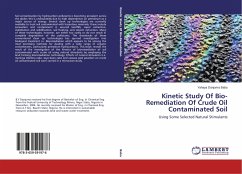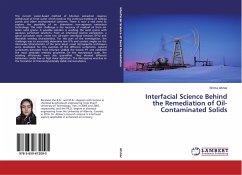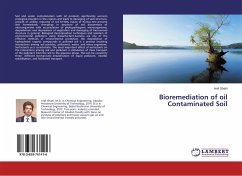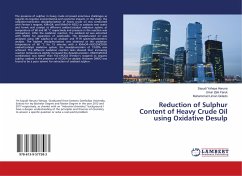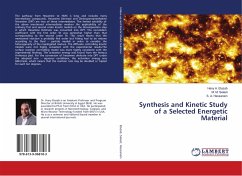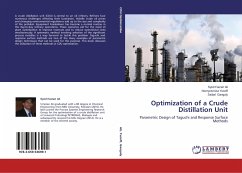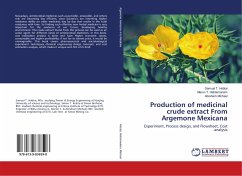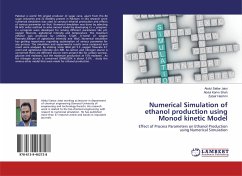Soil contamination by hydrocarbon pollutants is becoming prevalent across the globe; this is undoubtedly due to high dependence on petroleum as a major source of energy. Several clean up technologies are currently available to treat soil contaminated with hazardous materials, these include excavation and containment in secured landfills, vapor extraction, stabilization and solidification, soil flushing, and solvent extraction. Many of these technologies, however, are either too costly or do not result in complete degradation of the pollutants. The drawbacks of these conventional clean up technologies has spurred investigation into biological treatment i.e. Bioremediation which appears to be among the most promising methods for dealing with a wide range of organic contaminants, particularly petroleum hydrocarbons. This book reveals the result of the investigation of the kinetics of bioremediation of soil contaminated with crude oil using natural stimulants by employing the land farming bioremediation technology. Effects of natural stimulants (i.e. moringa Oleifera cake, soya bean cake and cassava peel powder) on crude oil contaminated soil were carried in a microcosm study.
Bitte wählen Sie Ihr Anliegen aus.
Rechnungen
Retourenschein anfordern
Bestellstatus
Storno

